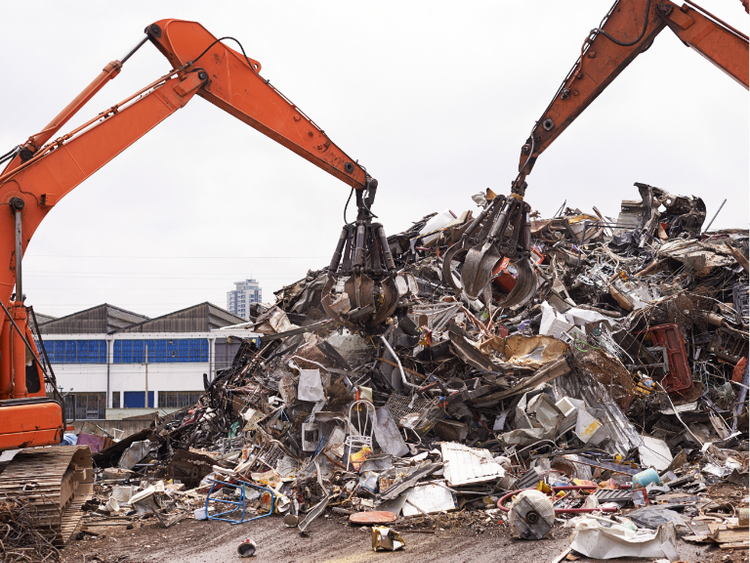Product

November 7, 2024
Export prices vs. domestic scrap market: Who's in control?
Written by Stephen Miller
As we await the formation of November’s domestic ferrous scrap market, all the recent action is in the export market. However, it is debatable whether events in this arena are influencing our US market other than psychologically. This opinion has been expressed by several sources I have approached.
One source has said export market news has been used to justify the monthly direction of the US and Canadian domestic markets by both seller and buyer. He explained when export prices rise, the scrap trade expects increases in domestic prices. On the other hand, when they fall, buyers use this to justify their lower buying prices. Sometimes, export prices from the US East Coast (USEC) go up and down within the same month. But this does not stop the speculation on both sides of the aisle.
Turkey
If we look back at what prices Turkish buyers have paid in both Europe and North America over the last several months, it shows bulk cargoes traded up and down largely within a $20-25 per-metric-ton (mt) window. The current “deep sea” pricing from the US is in the low $360s with Europe about $4/mt less. During the last few months, the export market peaked in the mid-$380s and then dropped down into the $370s and $360s several times. In other words, when Turkey decided to buy cargoes, prices escalated. When they bought enough, they sat out until the offer prices fell, then they re-entered the market and the same oscillating scenario played out once again. So, is it sensible to base domestic pricing on this benign activity? Or does export pricing play only a psychological role in determining US and Canadian scrap pricing, especially in a directionless ferrous scrap and steel market?
Export traders
I contacted an executive in the export trade to see what he thought about things. He agreed prices were stuck within a narrow trading range and saw little hope for a near-term breakout. In the absence of a geopolitical event, he can’t see what will cause prices to rise significantly above the ranges we have been in. He went on to say that the export price for shredded today is no better than the domestic market. The Turkish mills are not seeking shredded; rather they want HMS 80/20 and this can be attractive, given the low prices being offered for this grade in the domestic market.
On the US West Coast (USWC) region, the offers in the container market to Taiwan and Vietnam have averaged $322-323/mt CFR CY, according to an exporter in California. He commented that scrap for Vietnam mainly comes from Japan, while US sellers supply Taiwan based on the favorable freight to ship there from the West Coast. The bulk market is mainly based on Indian demand. Bangladesh is still buying, but not as much during preceding months. Bulk prices into the South Asian region are in the area of $385/mt CFR for HMS and $390/mt for shredded and bonus steel.







